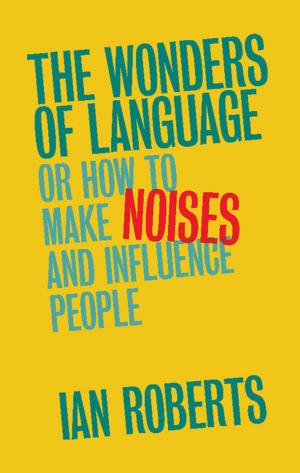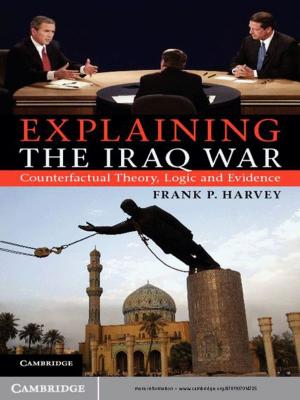Intractable Conflicts
Socio-Psychological Foundations and Dynamics
Nonfiction, Health & Well Being, Psychology, Social Psychology, Reference & Language, Reference, Social & Cultural Studies, Social Science| Author: | Daniel Bar-Tal | ISBN: | 9781107357136 |
| Publisher: | Cambridge University Press | Publication: | March 18, 2013 |
| Imprint: | Cambridge University Press | Language: | English |
| Author: | Daniel Bar-Tal |
| ISBN: | 9781107357136 |
| Publisher: | Cambridge University Press |
| Publication: | March 18, 2013 |
| Imprint: | Cambridge University Press |
| Language: | English |
This book provides a comprehensive, interdisciplinary and holistic analysis of the socio-psychological dynamics of intractable conflicts. Daniel Bar-Tal's original conceptual framework is supported by evidence drawn from different disciplines, including empirical data and illustrative case studies. His analysis rests on the premise that intractable conflicts share certain socio-psychological foundations, despite differences in context and other characteristics. He describes a full cycle of intractable conflicts - their outbreak, escalation and reconciliation through peace building. Bar-Tal's framework provides a broad theoretical view of the of the socio-psychological repertoire that develops in the course of long-term and violent conflicts, outlines the factors affecting its formation, demonstrates how it is maintained, points out its functions and describes its consequences. The book also elaborates on the contents, processes and other factors involved in the peace building process.
This book provides a comprehensive, interdisciplinary and holistic analysis of the socio-psychological dynamics of intractable conflicts. Daniel Bar-Tal's original conceptual framework is supported by evidence drawn from different disciplines, including empirical data and illustrative case studies. His analysis rests on the premise that intractable conflicts share certain socio-psychological foundations, despite differences in context and other characteristics. He describes a full cycle of intractable conflicts - their outbreak, escalation and reconciliation through peace building. Bar-Tal's framework provides a broad theoretical view of the of the socio-psychological repertoire that develops in the course of long-term and violent conflicts, outlines the factors affecting its formation, demonstrates how it is maintained, points out its functions and describes its consequences. The book also elaborates on the contents, processes and other factors involved in the peace building process.















